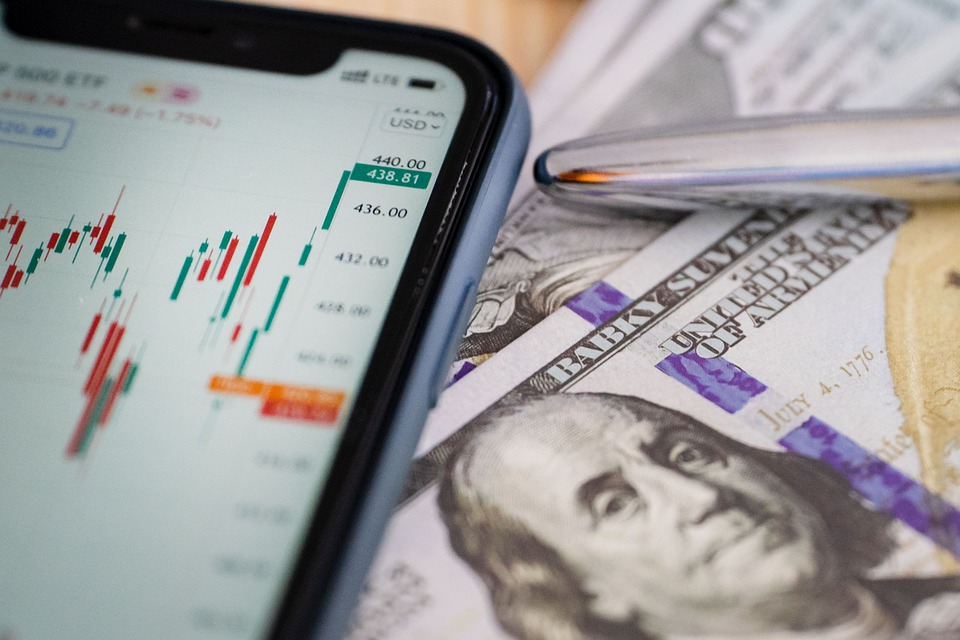
28 Jun I’m 25 and I’m worried about my 401(k). What should I do?
Photo: pixabay.comQ. I’m 25 and I invest in my 401(k). I know I’m not supposed to panic about the stock market but I’m really afraid of losing what I have saved. Is it a mistake to change the investments now?
— Young investor
A. We’re glad to hear you’ve started saving for retirement at such a young age.
The earlier you start, the better off you’ll be.
Before we get to the current stock market, you should make sure you are taking advantage of any employer match offered by the plan, said Claudia Mott, a certified financial planner with Epona Financial Solutions in Basking Ridge.
These extra dollars will help your account accumulate value even more quickly, she said.
The stock market’s recent swoon has left many investors wondering whether their money would be better off in cash or some less risky investment, so you’re not alone.
“It’s human nature to want to avoid losses. However, changing investments now will likely lock in the losses that have been incurred and eliminate the potential to recoup when the market recovers,” Mott said.
This concept of moving money in and out of investments is known as “market timing.”
But, Mott said, trying to pick the optimal time to exit the market is impossible and the market never provides an engraved invitation with the right time to reenter. Market timing will likely cause more harm than good, she said.
“The most recent example of this would have been at the beginning of the pandemic in February of 2020 when the market dropped more than 34% in just over a month’s time,” she said. “Who’d have thought that getting back into the market that April would have been a great time to invest? Yet, the market recovered and the S&P 500 index ended the year up over 18%.”
With a time-horizon of more than 40 years before you’d be required to start taking distributions from your retirement account, your 401(k) has plenty of time to benefit from a recovery in the market, Mott said.
She said although it may be hard to see right now, the average bear market lasts about nine months and the return over the next year is typically very robust. According to CFRA Research, bear market losses are generally recouped over about 14 months, she noted.
If you’re worried about making investment decisions, Mott said a target date retirement fund, if offered by your plan, might be the way to go for diversification across both stock and bond investments.
“Although the allocation for a 2065 fund would be largely in stock funds, there would be both domestic and international funds that comprise that percentage,” she said. “As time goes on, the split between stock and bond investments will change and become more conservative. This shift is managed by the firm that provides the funds.”
Email your questions to .
This story was originally published on June 28, 2022.
NJMoneyHelp.com presents certain general financial planning principles and advice, but should never be viewed as a substitute for obtaining advice from a personal professional advisor who understands your unique individual circumstances.

